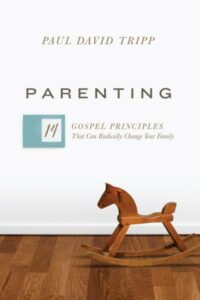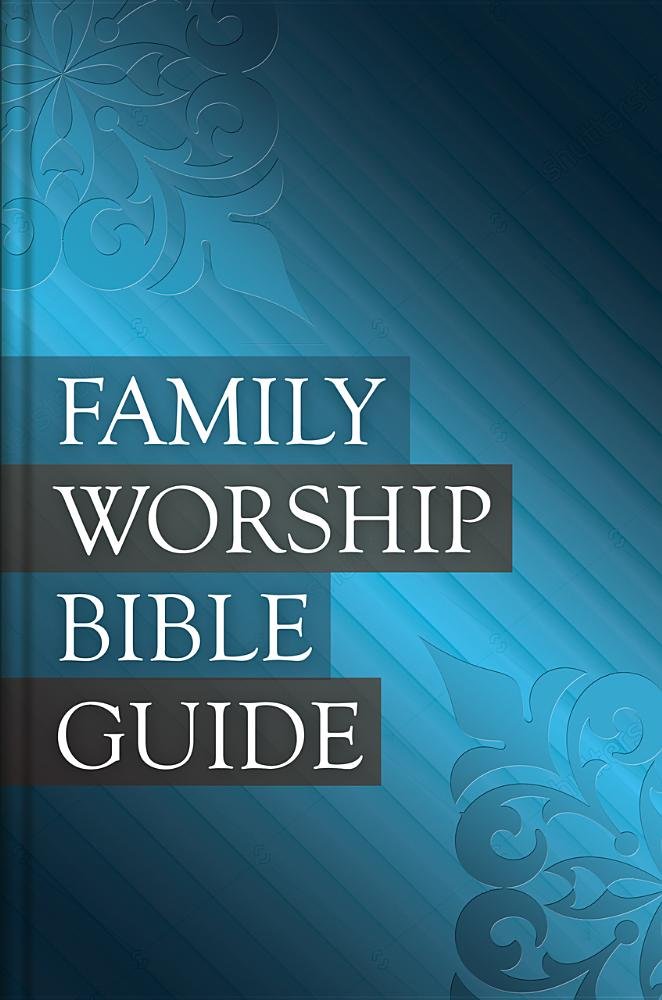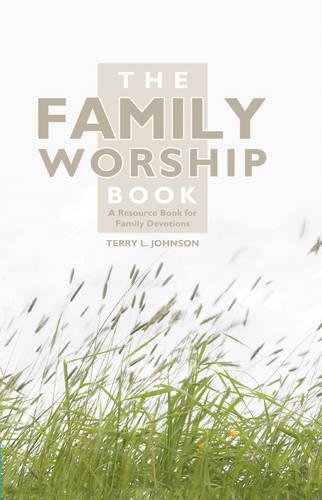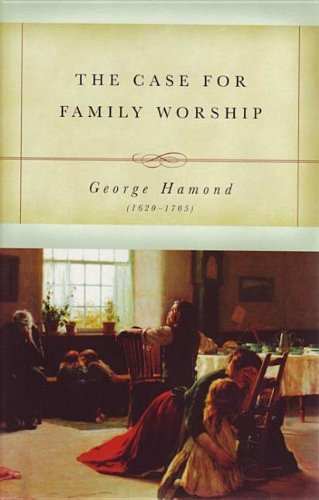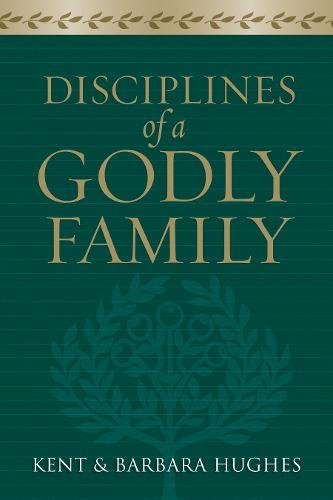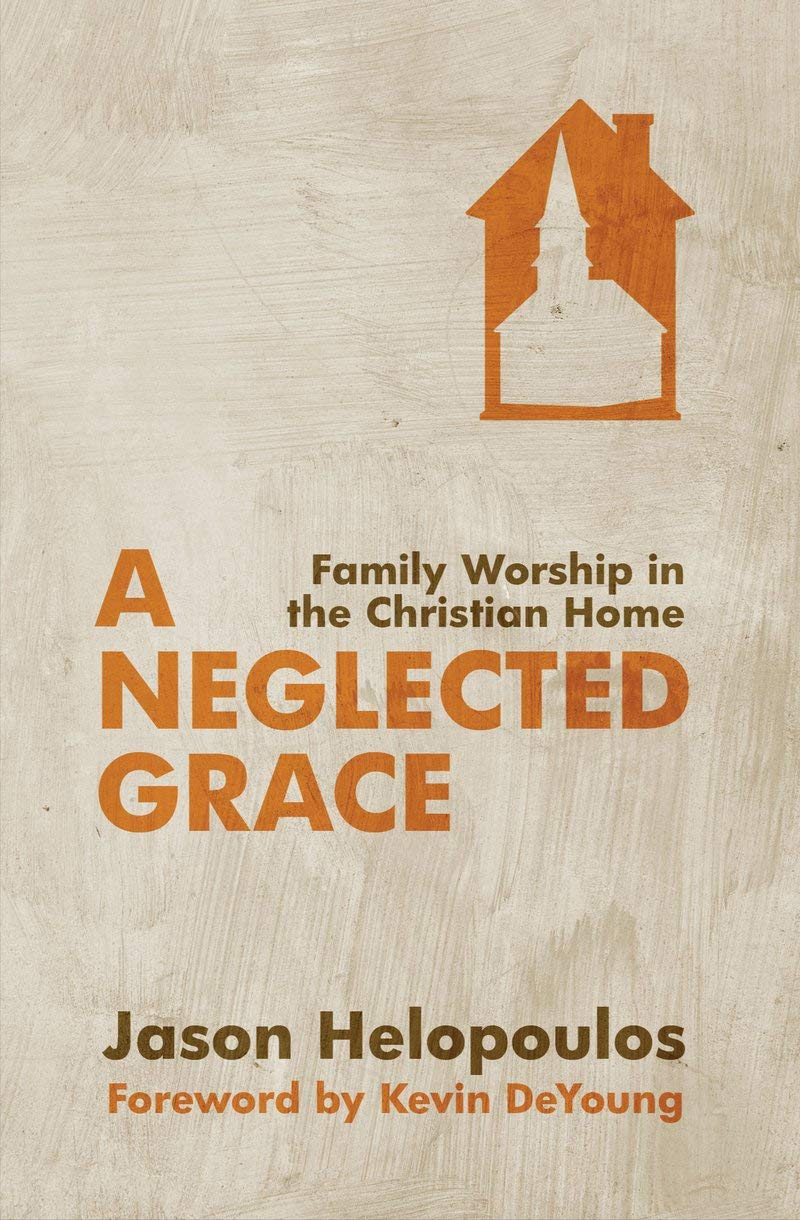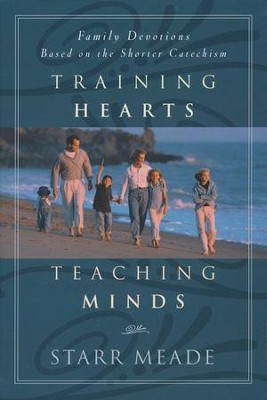Let us now look at the examples of those eminent saints mentioned in Scripture, and see whether they thought the duty of family-worship obligatory or not. More was not required of them than of us; rather less was to be expected, as they had less light. ‘Life and immortality were brought to light by the Gospel.’ ‘The law was given by Moses, but grace and truth came by Jesus Christ.’ ‘There hath not risen a greater than John the Baptist: notwithstanding, he that is least in the kingdom of heaven is greater than he.’ Matt. 11:11. ‘And that servant which knew the Lord’s will, and prepared not himself, neither did according to his will, shall be beaten with many stripes; but he that knew not, and did commit things worthy of stripes, shall be beaten with few stripes. For unto whomsoever much is given, of him shall be much required; and to whom men have committed much, of him they will ask the more.’ Luke 12:47, 48. If, then, the light of nature and of Scripture, were sufficient to lead those whose examples we are about to examine, to the observance of this duty, how much rather should the increased light of the Gospel, the increased manifestation of the Holy Spirit, and the increased knowledge of God’s will, lead us to its habitual and faithful performance! How much more has God a right to expect at our hands, who have been favoured with a much more full revelation of his mind, and of our duty to him!
The patriarchs, whithersoever they journeyed, built altars to God, at which they and their families worshipped. God bears honourable testimony to the faithfulness of Abraham in this respect, ‘For I know him, that he will command his CHILDREN and his HOUSEHOLD after him, and they shall keep the way of the Lord to do justice and judgment.’ Gen. 18:19. Now ‘If ye were Abraham’s children, ye would do the works of Abraham.’ John 8:39. But even Abraham was not justified by works, but by faith. ‘For if Abraham were justified by works, he hath whereof to glory, but not before God.’ Rom. 4:2.
‘Then Jacob said unto his HOUSEHOLD, and to all that were with him, Put away the strange gods that are among you, and be clean, and change your garments: and let us arise and go up to Bethel; and I will make there an altar unto God.’ Gen. 35:2, 3.
Joshua resolved that ‘as for me and MY HOUSE, we will serve the Lord.’ Josh. 24:15. Queen Esther and her maidens kept a fast together. Esther 4:16. The days wherein the Jews rested from their enemies, in the time of Mordecai, were kept, according to their appointed time every year, by ‘every generation, EVERY FAMILY, every province, and every city.’ Esther 9:28.
‘Job rose early in the morning, and offered burnt offerings for his sons, according to the number of them all: for Job said, It may be that my sons have sinned, and cursed God in their hearts. THUS DID JOB CONTINUALLY.’ Job 1:5.
At the institution of the passover, it was required that the people ‘take to them every man a lamb, according to the house of their fathers, a lamb for an house: and if the household be too little for the lamb, let him and his neighbour unto his house, take it according to the number of the souls.’ Ex. 12:3, 4. Here was family worship. It was a regulation that no lamb should be used for less than ten persons: each family or company, therefore, was required to have at least that number of members. Hence small families had, to unite with their neighbours in this worship, in order to make up the requisite number. But under the Gospel, that is social and acceptable worship, where even two or three are met together in the name of the Lord. Although this service was subsequently performed at the temple, morning and evening, yet the distinctive character of a family offering was preserved.
‘Now this is that which thou shalt offer upon the altar; two lambs of the first year, DAY BY DAY CONTINUALLY. The one lamb shalt thou offer in the morning, and the other lamb shalt thou offer at even.’ Ex. 29:38, 39. To this the Psalmist probably alludes when he says, ‘my voice shalt thou hear in the morning, O Lord: in the morning will I direct my prayer unto thee, and will look up.’ Ps. 5:3. ‘Let my prayer be set forth before thee as incense, and the lifting up of my hands as the evening sacrifice.’ Ps. 141:2.
Cornelius the centurion was ‘a devout man, and one that feared God with ALL HIS HOUSE which gave much alms to the people, and prayed to God ALWAYS.’ Acts 10:2. ‘At the ninth hour I PRAYED IN MY HOUSE, and behold a man stood before me in bright clothing.’ ver. 30. If he ‘prayed to God always’ and ‘prayed in his house,’ there can be no doubt that he prayed with his family.
It is manifestly true that ‘except the Lord build the house, they labour in vain that build it.’
As the character and condition of your posterity, are intimately connected with the due observance of this duty in your house, it becomes a matter of unspeakable moment to every parent. David says of the Lord, ‘He established a testimony in Jacob, and appointed a law in Israel, which he commanded our fathers, that they should make them known to their children, that the generations to come might know them, even the children which should be born, who should arise and declare them to their children, that they might set their hope in God, and got forget the works of God, but keep his commandments.’ Ps. 78:5 7. Perhaps, the present degraded condition of the millions of immortal souls now living in idolatry as well as that of the many profligate and irreligious families in Christendom, might be traced up to the neglect of this important duty, as one principal cause. And who can tell the misery, degradation, and guilt into which you may plunge generations yet unborn, by neglecting to call upon God in your family? You must expect to reap what you sow. ‘Do men gather grapes of thorns, or figs of thistles. What, then, may you reasonably expect to result to your offspring, by training them up in irreligion, and in the neglect of obvious duty? On the other hand, how uniform and striking are the providence and grace of God, in regard to those families and their descendants, where the morning and evening incense of praise and prayer, ascended habitually to God, from their consecrated circle! In the Old as well as in the New Testament, it may be seen, how piety and blessedness descended in the same family, from generation to generation. ‘Of the twelve apostles of the Lamb, eight of them were brothers chosen out of three families; and nothing, by the way, could be more lovely than these brothers going out two and two, as they afterwards did, by the direction of our, Saviour.'[4]
‘Mary, the mother of four of the apostles, as well as of Joses or Joseph (who is generally regarded to have been one of the two individuals whom .the apostles proposed as qualified to fill the place of Judas, and who, therefore, had accompanied the Messiah in all his travels,) sustained a character equal to that of Salome, her constant companion. This eminent woman had the felicity not only of furnishing four out of the twelve apostles of the Lamb,—she, too, followed him, and she also ministered to him of her substance, with the cordial consent of such a man as Cleopas her husband. At the closing scene, to her was also given the honour of standing by, and sustaining the mother of Jesus, when he was stretched on the cross.'[5]
Timothy was the descendant of a pious family, and this is particularly noticed by the Apostle Paul as a matter of importance. ‘When I call to remembrance the unfeigned faith that is in thee, which dwelt first in thy grandmother Lois, and thy mother Eunice; and I am persuaded that in thee also.’ 2 Tim. 1:5.
The regular observance of family worship, will have the happiest effect upon the whole household: He who leads them in this service will, by its secret and almost unconscious influence, be led to be more circumspect in his outward walk, knowing that the office which he holds in the family, naturally creates in the minds of the members of it, the expectation, of a becoming example. How can he use improper language, or exhibit an unchristian temper, when he is so soon to lead them in prayer to the throne of grace? How can he neglect the sanctuary, or desecrate the Sabbath, while he scrupulously attends upon the duties of the domestic altar? ‘He who statedly invites others to be witnesses of his devotions,’ says the late Robert Hall, ‘invites a peculiar inspection of his behaviour, and must be conscious to how much observation and contempt he lays himself open, should he betray a flagrant inconsistency between his prayers and his conduct. That parent who, morning and evening, summons his family to acts of devotion, is not, perhaps, distinctly aware of the total amount of the influence this circumstance has upon his mind. It will act as a continual monitor, and will impose useful restraints upon his behaviour. He recollects that he is about to assume an awful and venerable character in the eyes of his domestics—a character which must set the indulgence of a multitude of improprieties in a most glaring light. Is he in danger of being ensnared into indecent levity, or of contracting a habit of foolish jesting and talking? He recollects he is soon to appear as the, mouth of his family, in addressing the blessed God. Is he surrounded with temptations to an immoderate indulgence of his fleshly appetites in meats and drinks? Should he yield to the temptation, how could he bear, in the eyes of his family, to appear on his knees before God? Is he tempted to use harsh and provoking language to his children? He recollects he is in a few hours to bear them in his arms before the Lord. He is to commend his companion in life, to the divine mercy and protection; how then can he be ‘bitter against her?’ The case of his servants is to be shortly presented before God in social prayer; under such a recollection, it will surely not be difficult for him to forbear threatening, reflecting that he himself has a master in heaven. Knowing that in the hearing of all his inmates, he is about to bewail the corruption of his nature, to implore pardon for his sins, and strength to resist temptation; will he not feel a double obligation on this account, to struggle against that corruption, and anxiously to shun temptation? The punctual discharge of the duty we are contending for, will naturally strengthen his sense of the obligation of domestic duties, forcibly remind him of what he owes to every member of the domestic circle, and cement the ties of conjugal and parental affection.'[6]
The influence of this service, will be sensibly felt by the children and domestics of the family. It will cause them to recollect that there is a God, that he is present with them at all times, and is not only a constant eye. witness to their conduct, but that he is intimately acquainted with their most secret thoughts, purposes, and desires. It will remind them, that there are solemn and important duties which he requires of them, and that he will hold them guilty, if they neglect them. It will impress on their minds the instructions of the Sabbath, whether received from the pulpit, or in the Sabbath School. It will convince them of the duty of prayer, and in a great measure teach them how to pray. When he, who leads the devotions, acknowledges and bewails their sinfulness, it will cause them to think of, and consider their true character, and teach them the awful nature of sin, that it is ‘an evil and a bitter thing,’ and that repentance is a duty, and a necessary prerequisite to the enjoyment of God’s favour. When he asks of God the pardon of their iniquities, it will teach them their guilt and condemnation in his sight. When he supplicates the regenerating and sanctifying grace of the Spirit, it will teach them their native corruption, and the indispensable necessity of a change of heart. When he asks for protection, it will remind them of their danger and helplessness, and direct their minds to the only sure defence. When he asks a merciful provision for their daily wants, it will teach them their dependence, and point them to the source of bounty. When he prays for their enemies, it will teach them the duty of forgiveness, and to return good for evil. When he prays for their absent friends, it will teach them the duty of intercession, and of cultivating a kind and benevolent spirit towards all. When he prays for the coming and extension of the Redeemer’s kingdom on earth, it will impress them with a sense of universal good will, expand their minds beyond the little circle, and even the community in which they live, and tend to fill them with new conceptions of the Divine glory and perfections. When their own souls are made the subject of earnest supplication, they will most likely be arrested, and made to ponder their ways. It will teach them both the value and the danger of their souls, and may excite within them a hopeful anxiety for their salvation. It may lead them to prize the favour of God more than every earthly good, and to seek it with earnestness and success. Such has been the case in numerous instances. The disclosures of eternity will reveal facts of the most soul-stirring character, in regard to the results of this service, wherever it has been statedly and zealously performed. Many who shall forever ‘praise God in his holiness,’ will attribute their salvation, instrumentally, to the devotions of the domestic circle. Many a child’s heart has been pierced with a sense of sin, and brought to saving contrition, by means of a parent’s affectionate and earnest prayers in his behalf, and in his hearing.
Singing the praises of God, will teach them the duty of gratitude and thanksgiving. And the devout reading of the Scriptures, will beget in their minds a proper and salutary reverence for the Holy Book, and store them with many important truths, of which otherwise they would perhaps have ever remained ignorant.
The whole service calls them away from the consideration of earthly things, to that of spiritual and eternal things. It restrains the criminal indulgence of the passions, and interrupts the current of worldly and sinful thoughts and plans. It has reclaimed many a profligate rescued from destruction many a devotee to fleshly lusts, and saved to society and to the church, many a valuable and useful member. It has bound up many broken, widowed hearts, wiped away many bitter tears, hushed the tumult of many distracted bosoms, and lengthened the lives, and increased the happiness of many fond and anxious parents. But where shall we end the enumeration of its delightful results? The subject expands as we meditate upon it; the mind is lost in the contemplation of the variety of its effects, and of the importance and magnitude of its influence.









